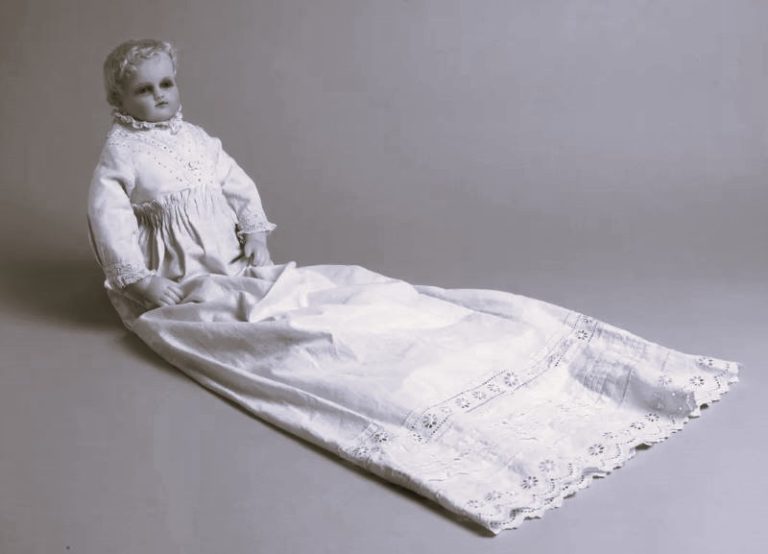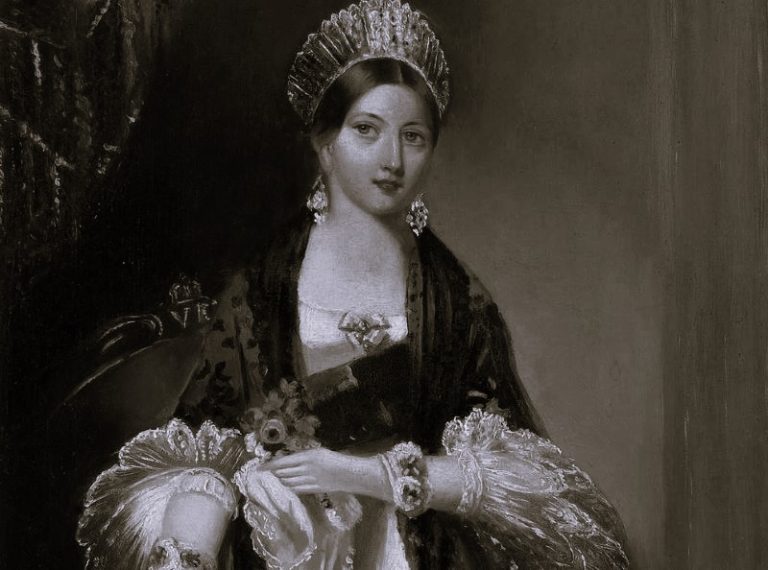
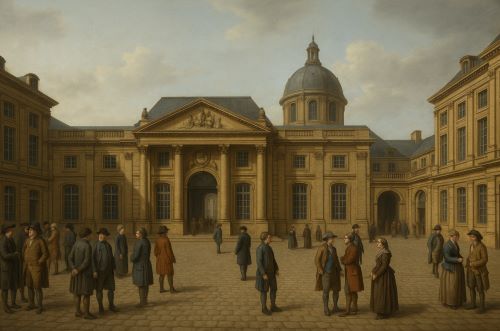
By preserving the past of a regime they overthrew, the French revolutionaries revealed a deeper commitment: to truth, to continuity, to the complex task of documenting change.

By Matthew A. McIntosh
Public Historian
Brewminate
Introduction: In the Wake of Ruins, the Order of Memory
When the French National Assembly formally established the Archives Nationales in 1790, they did more than inaugurate a bureaucratic department. They constructed a new way of relating to the past. Amid revolution, war, and the literal dismantling of the Ancien Régime, the impulse to preserve became paradoxically urgent. In a time defined by the rejection of inherited authority, the French revolutionaries insisted that certain things be remembered, and remembered precisely.
It was not merely about records. It was about legitimacy. The state that abolished feudal privilege, church property, and even the king’s head also preserved the paperwork of those institutions. The revolutionaries understood that sovereignty did not reside solely in violence or law but in the narrative of continuity. That narrative, to have power, needed evidence. And so the modern archive was born, not out of calm administrative evolution but out of revolutionary necessity.
Before the Archives: Fragmented Memory under the Ancien Régime
Prior to 1789, French archival practices were fragmented, inconsistent, and deeply tied to aristocratic and ecclesiastical privilege. Each parlement, monastery, noble house, and crown bureau maintained its own records, with little uniformity and no centralized philosophy of historical preservation. The idea of a state archive, open to the public and organized for inquiry, would have seemed alien to ancien officials for whom secrecy, hierarchy, and control defined the relationship to information.1
The King’s archives, housed at the Bibliothèque du Roi and the Trésor des Chartes, were selective and jealously guarded. Other collections existed in provincial capitals or ecclesiastical seats, maintained by clerks trained more in habit than in historical method. Many of these archives functioned as legal instruments for land rights, inheritance, or taxation, rather than as repositories of national memory. They served the needs of power, not of history.
This decentralization, while typical of ancien governance, created a chaotic archival landscape vulnerable to destruction during revolution. Indeed, by the summer of 1789, revolutionary crowds had already begun storming châteaux, seizing feudal records, and burning tax rolls. It was within this atmosphere of destruction that the call for a national archive arose—not as a matter of convenience, but as a bulwark against oblivion.
1790 and the Revolutionary Moment: Memory as Statecraft
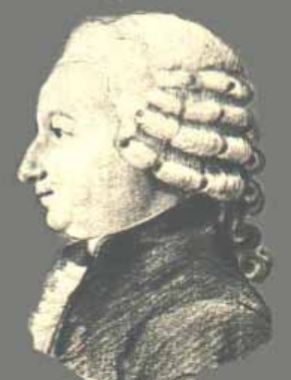
In July 1790, the National Constituent Assembly passed a decree to create a central archives de l’État, bringing together documents from the monarchy, the church, and the aristocracy under the authority of the new revolutionary government.2 The decree’s language is telling: it declared the preservation of records a public duty, essential not only for the functioning of government but for the rights of citizens.
The man appointed to oversee this effort was Armand Gaston Camus, a lawyer and archivist whose revolutionary zeal was matched only by his commitment to order. Camus envisioned the archives not as a passive collection, but as an active arm of the republic, a tool of transparency and historical justice. Under his leadership, the archives began collecting, cataloging, and systematizing a vast array of documents—from monastic charters and royal decrees to assembly minutes and court transcripts.3
The task was monumental. Documents arrived by the cartload, often in poor condition, torn from burning estates or confiscated from émigrés. Camus and his team worked without precedent. They had to create new filing systems, taxonomies, and preservation methods. What emerged was the first modern effort to construct a national archival consciousness: a belief that the state had both the right and the obligation to preserve the total record of its existence.
Archives as Political Instruments: Between Justice and Control
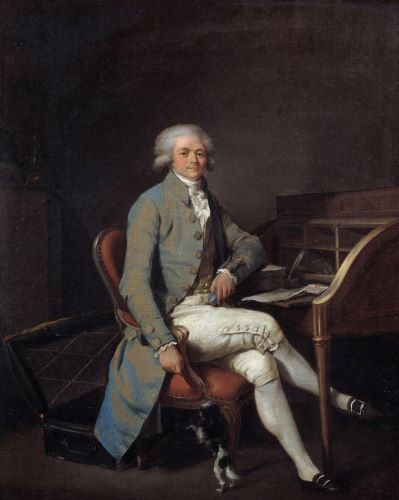
The founding of the Archives Nationales cannot be understood outside the ideological environment of the French Revolution. The archives were not politically neutral. They became instruments of revolutionary justice. Records were used to expose the abuses of the old regime, to prosecute counter-revolutionaries, and to legitimate the transformation of society through paperwork.
At the same time, revolutionary leaders recognized the danger of the archive. What was preserved could be used. What was discovered could be weaponized. The Committee of Public Safety used archival documents to identify royalist conspirators. The files of nobles and clergy were mined for signs of dissent. The very mechanisms built for transparency also became instruments of surveillance.4
Yet amid this weaponization, the revolutionary idea endured: the past must be preserved, not hidden. Even those records that condemned revolutionaries themselves were not destroyed. The archive became a mirror of the republic, both its promise and its peril.
A New Historical Imagination: Archives and the Birth of the Modern Historian

The establishment of the Archives Nationales coincided with a shift in historical consciousness. Enlightenment historiography had emphasized philosophical synthesis over empirical accumulation. The revolution changed that. History now demanded evidence, footnotes, and the careful reconstruction of causality. The archive was not merely a tool of governance but a laboratory for truth.
Historians of the early nineteenth century, such as Augustin Thierry and François Guizot, would depend heavily on the newly centralized collections. They could, for the first time, trace the development of French institutions through original records made accessible to the public. This marked a decisive break from the historical practices of the ancien régime, where access was limited and interpretation was confined to court-sanctioned narratives.5
The Archives Nationales thus laid the epistemological foundation for modern historiography. It introduced the idea that history is not what is remembered, but what can be cited. Memory gave way to method, and the document assumed authority over tradition.
Continuities and Legacies: From 1790 to the Present
The Archives Nationales weathered the storms of successive regimes: empire, restoration, republic, occupation. Each left its mark, adding to the sedimentary record of French governance and identity. What began as a revolutionary necessity became a permanent fixture of the state.
Over time, the archives expanded, absorbing judicial records, colonial correspondences, and military reports. The commitment to accessibility, initially framed as a republican virtue, became institutionalized. In the twentieth century, debates emerged around classification, declassification, and the politics of memory. The archives were no longer only about preservation, but about interpretation, redaction, and historical justice.
The very idea of the modern national archive, now standard across the globe, owes its origin to this revolutionary moment. Whether in Berlin, Washington, or Tokyo, the principle of centralized state archives, open to researchers and citizens alike, finds its earliest full expression in the Archives Nationales of 1790.
Conclusion: The Archive as Act
The founding of the Archives Nationales was not a passive consequence of revolution, but an act of revolution itself. It declared that memory would no longer belong to the powerful alone. It asserted that history was a public right, a civic practice, and a moral undertaking.
By preserving the past of a regime they overthrew, the French revolutionaries revealed a deeper commitment: to truth, to continuity, to the complex task of documenting change. The archive became, in this sense, not merely a place where history was stored, but where history was made possible.
Appendix
Footnotes
- Randolph Head, Making Archives in Early Modern Europe: Proof, Information, and Political Record-Keeping, 1400–1700 (Cambridge: Cambridge University Press, 2019), 224.
- National Constituent Assembly, Décret relatif aux Archives de l’État, July 12, 1790, Archives Nationales, AE/I/1.
- Armand Gaston Camus, Rapport sur l’organisation des archives nationales, presented to the National Convention, 1794.
- Marie-Françoise Lévy, “La mémoire contre-révolutionnaire et les archives,” Revue d’Histoire Moderne et Contemporaine 46, no. 3 (1999): 455–472.
- Philippe Petit, L’archive et le citoyen: Naissance de l’histoire contemporaine (Paris: Gallimard, 2004), 65–78.
Bibliography
- Camus, Armand Gaston. Rapport sur l’organisation des archives nationales. Paris, 1794.
- Head, Randolph. Making Archives in Early Modern Europe: Proof, Information, and Political Record-Keeping, 1400–1700. Cambridge: Cambridge University Press, 2019.
- Lévy, Marie-Françoise. “La mémoire contre-révolutionnaire et les archives.” Revue d’Histoire Moderne et Contemporaine 46, no. 3 (1999): 455–472.
- National Constituent Assembly. Décret relatif aux Archives de l’État. July 12, 1790. Archives Nationales, AE/I/1.
- Petit, Philippe. L’archive et le citoyen: Naissance de l’histoire contemporaine. Paris: Gallimard, 2004.
Originally published by Brewminate, 07.22.2025, under the terms of a Creative Commons Attribution-NonCommercial-NoDerivatives 4.0 International license.

